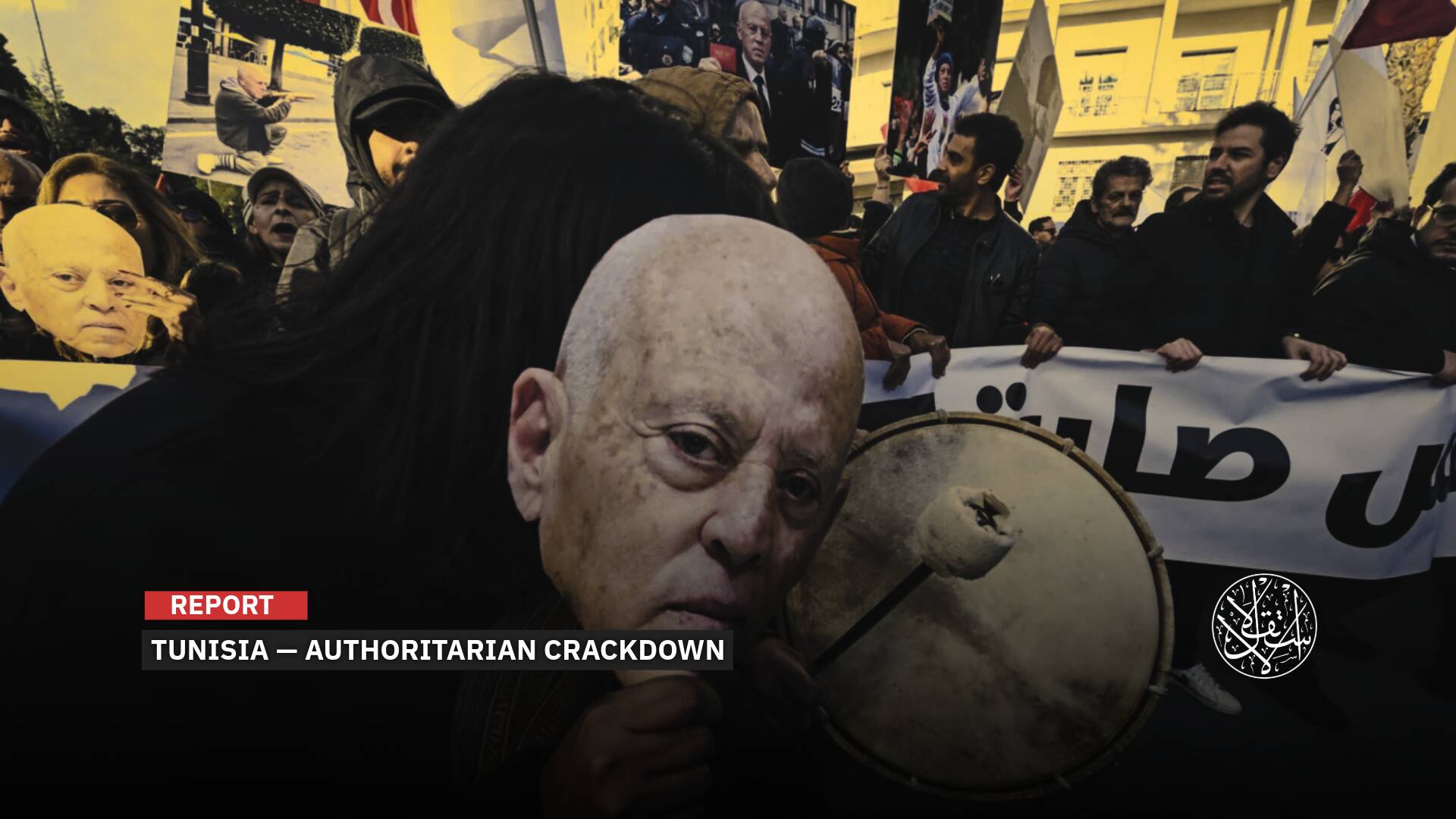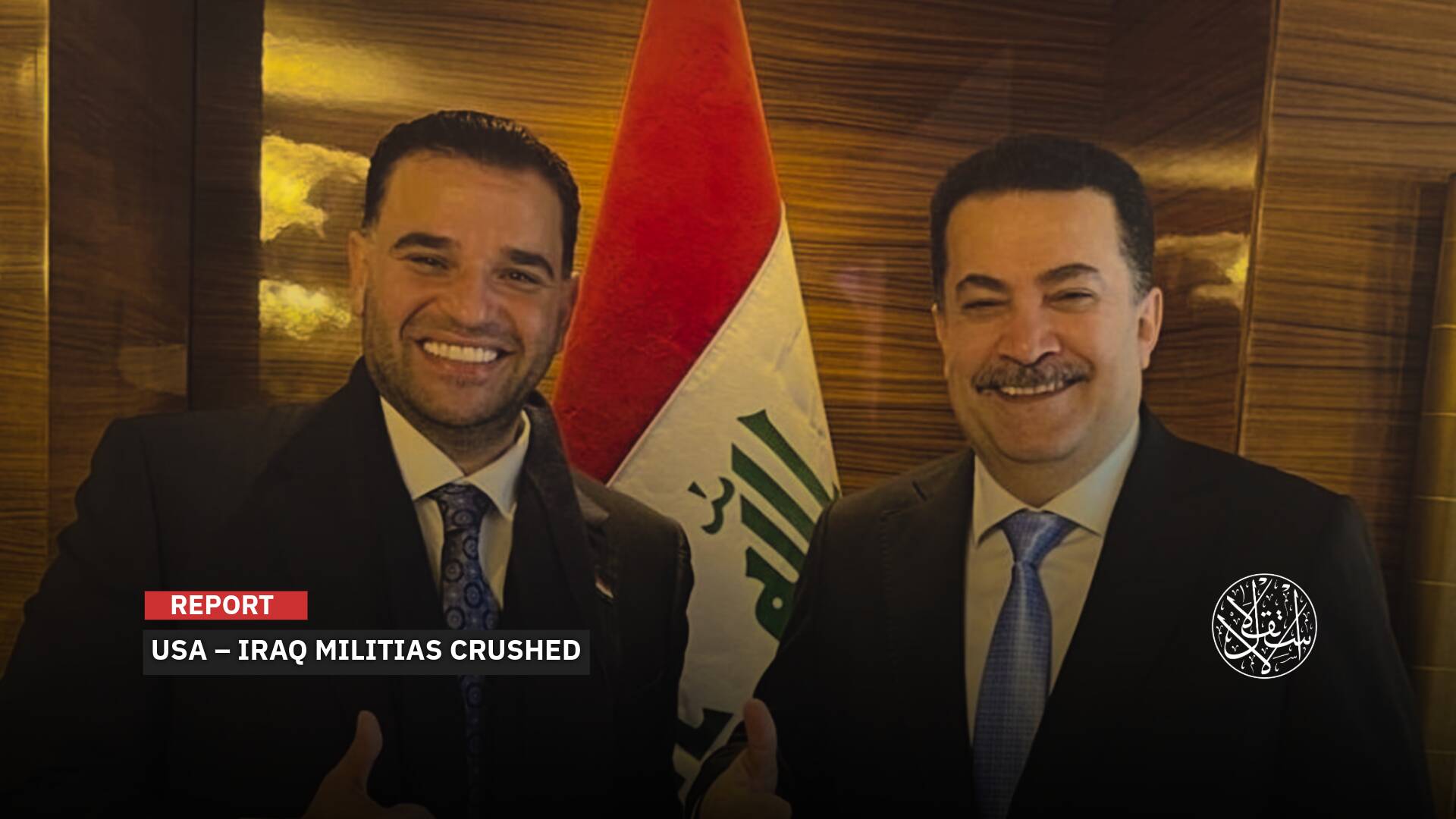Establishing a New Nuclear Power Plant: How Did Turkiye Enter the World of Nuclear States?

Turkiye entered the ranks of nuclear-powered nations, as President Recep Tayyip Erdogan inaugurated the country’s first nuclear power plant in a ceremony attended by his Russian counterpart, Vladimir Putin.
The Akkuyu plant, located in the southern coastal city of Mersin, is a joint venture between Turkiye and Russia that began with a 2010 agreement to build and operate four reactors at the site.
The first reactor, which was completed last month, is expected to start producing electricity by the end of the year.
The project is part of Turkiye’s long-standing ambition to harness nuclear energy for civilian purposes, dating back to the 1950s, when it joined an American-led initiative to promote the peaceful use of atomic power.
Turkiye also signed a bilateral agreement with the United States in 1955 to cooperate in the field of nuclear research and development.
Turkiye’s first nuclear facility, a small research reactor supplied by the United States, was opened in 1962 by President Cemal Gursel at the Cekmece Nuclear Research and Training Center near Istanbul.
The reactor, which had a capacity of one megawatt, was used for scientific and educational purposes until it was shut down in 1977.

Unjustified Accusations
For decades, Turkiye has sought to acquire nuclear reactors from Western countries like Britain and the United States, but its efforts have been hampered by various factors, including unfounded accusations of a secret Turkish nuclear project.
Turkiye signed the Treaty on the Non-Proliferation of Nuclear Weapons in 1969, amid the nuclear missile crisis in Cuba, and ratified it in the early 1980s.
But that did not stop some of its Western allies, such as the United States, France, the United Kingdom, and Greece, from raising allegations “about secret military targets for Turkiye’s nuclear energy initiatives,” according to Mustafa Kibaroglu, a professor and director of the Center for Global Security Studies and Strategic Research at MEF University in Istanbul.
In media statements, professor Kibaroglu, who is also the dean of the Faculty of Economic, Administrative and Social Sciences at MEF, dismissed those allegations as “unjustified” in light of Turkiye’s foreign policy and the agreements it has signed.
“Whoever raises such allegations should conduct research,” he said, adding that he had studied the subject for 30 years and was confident that “there is no secret nuclear weapons project in Turkiye.”
Professor Kibaroglu has completed numerous studies in international relations and the control of the proliferation of weapons of mass destruction, and has held assignments and positions in UN and NATO think tanks.
In the same context of accusations against Turkiye, a declassified document reveals that India expressed alarm over Turkiye’s alleged role in Pakistan’s nuclear program in the late 1980s, highlighting the longstanding tensions between the two regional rivals over Ankara’s growing ties with Islamabad.
The document, dated March 24, 1988, and sent by the U.S. Secretary of State to the U.S. Embassy in New Delhi, shows that a senior Indian diplomat in Washington questioned a U.S. official about a report of a dispute between the U.S. and Turkiye over accusations that Turkish firms had provided equipment for uranium enrichment to Pakistan.
The U.S. official told the Indian diplomat that the U.S. ambassador in Ankara had assured the Indian envoy there that the issue of the alleged exports had been resolved years ago, and that the recent interest in the talks between the U.S. and Turkish governments was based on “distorted leaks” in the Turkish media, according to the document.

New Governance
With the AKP coming to power in the 2002 elections, it put into its program the construction of nuclear reactors for peaceful purposes and launched projects to do so, driven by Turkiye’s growing needs.
The AKP government sought to realize the project of generating electricity from nuclear energy, and after a course of negotiations with several companies, then-Turkish Prime Minister Recep Tayyip Erdogan and then-Russian President Dmitry Medvedev signed in 2010 an agreement to build a reactor at the Akkuyu site to be implemented by the Russian state company Rosatom at a cost of $20 billion funded by Russia.
President Erdogan said at the time that the signing of the agreement was “a very important step in the field of energy,” while Medvedev said that “partnership and cooperation in the field of nuclear energy is a comprehensive agreement that opens a new page in relations between the two countries.” The signing of the agreement has angered Western circles, according to some analysts.
At the time, Kibaroglu was part of an official presidential delegation to South Korea and participated in a meeting chaired by Turkish Energy Minister Taner Yildiz.
“Turkiye has shouldered its responsibilities related to international agreements with its Western allies twenty to thirty years ago, however, when Turkiye wants to establish nuclear plants using their rights emanating from those agreements, our Western allies are not helping Turkiye,” he said in media statements.
“We have repeatedly asked the United States, Canada, and Germany to buy nuclear reactors, but this has not been implemented for various reasons,” he added.
Kibaroglu mentioned that when Turkiye submitted its most recent tender request, the participating companies withdrew except Russia. “Even when we applied for the second time and invited Western companies, none of them came. We had no alternative but to work with Russia,” he noted.
Despite all the difficulties, the Turkish nuclear project for peaceful purposes moved forward, and a few years later the construction of the plant was proceeding rapidly, and President Erdogan, who was elected president of the republic at the time, laid the foundation stones in stages, promising to take the necessary measures for the rapid construction of the “second or even third nuclear power plant.”
He sent a clear message: “No one who thinks about Turkiye’s economic independence and the well-being of the Turkish nation can oppose nuclear power.”

Akkuyu Station
Turkiye has long sought to build nuclear reactors for peaceful purposes but has faced obstacles from its Western allies, who have been reluctant to sell the technology or finance the projects.
In 2010, after years of failed negotiations with various companies, Turkiye signed a deal with Russia to construct a reactor at the Akkuyu site on the Mediterranean coast.
The agreement, worth $20 billion, was hailed by then-Turkish Prime Minister Recep Tayyip Erdogan and then-Russian President Dmitry Medvedev as a milestone in bilateral relations and a breakthrough in the field of energy.
The deal also angered some Western circles, according to some analysts, who saw it as a sign of Turkiye’s drift away from its NATO partners and toward Russia’s sphere of influence.
At the time, Kibaroglu said Turkiye had no choice but to work with Russia after being repeatedly rebuffed by the United States, Canada, and Germany.
“Turkiye has shouldered its responsibilities related to international agreements with its Western allies twenty to thirty years ago, however, when Turkiye wants to establish nuclear plants using their rights emanating from those agreements, our Western allies are not helping Turkiye,” he said in a meeting chaired by Turkish Energy Minister Taner Yildiz.
“We have repeatedly asked the United States, Canada, and Germany to buy nuclear reactors, but this has not been implemented for various reasons. When we submitted our most recent tender request, the participating companies withdrew, except Russia. Even when we applied for the second time and invited Western companies, none of them came. We had no alternative but to work with Russia,” he added.
The Akkuyu reactor is expected to be completed by 2023 and will be the first of four planned nuclear power plants in Turkiye. The country hopes to generate 10 percent of its electricity from nuclear energy by 2030.











